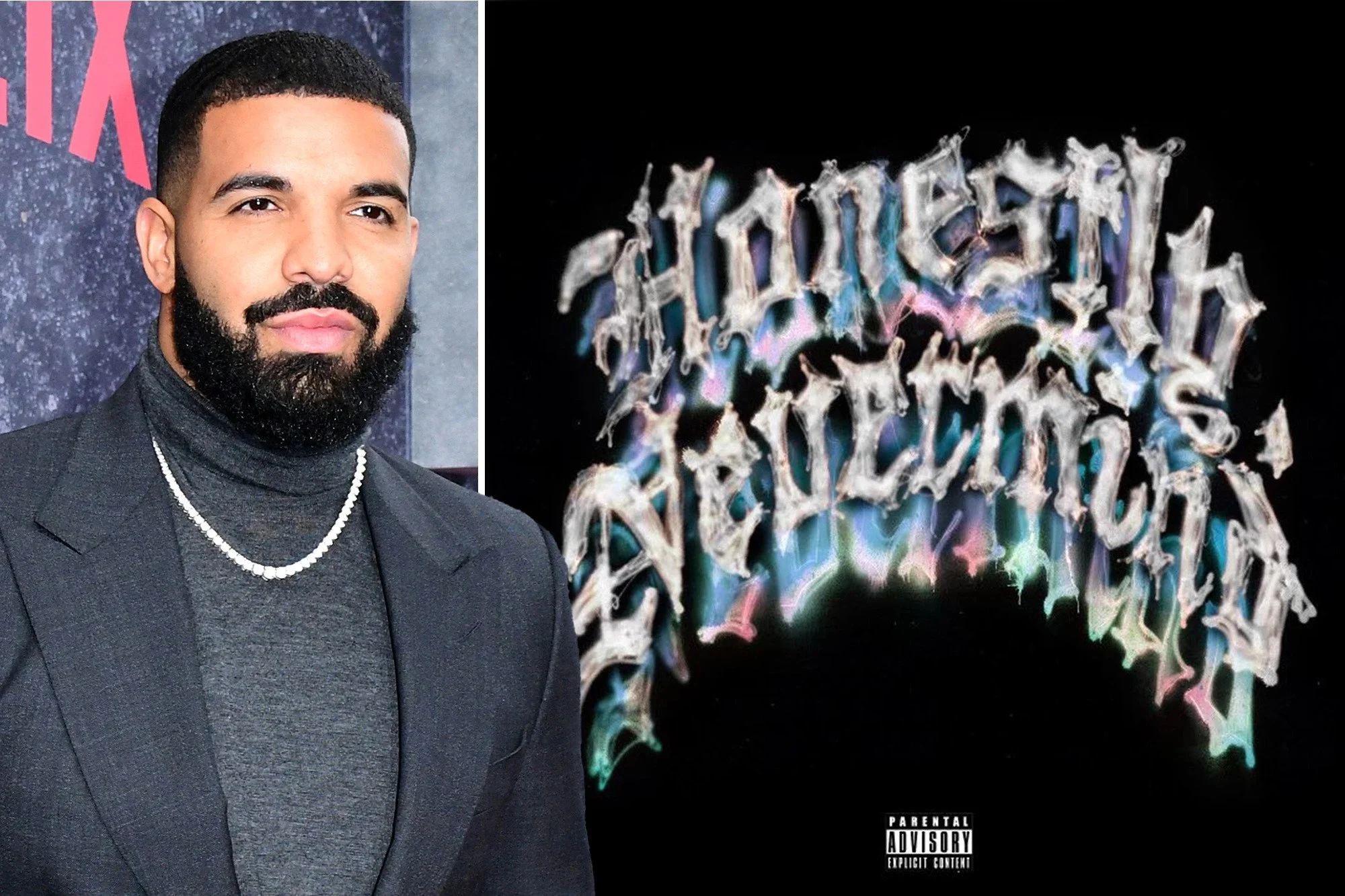Why Do People Hate Drake’s ‘Honestly, Nevermind’?
Canadian rapper and singer, Aubrey Graham, otherwise known as Drake, released his seventh studio album on June 17, 2022, titled: Honestly, Nevermind. That number, “seven”, may be misleading. Once every “mixtape”, “compilation”, or “playlist” on streaming platforms is taken into account, you arrive at a sum of 13 musical projects, notwithstanding deluxe repackagings. Drake has often been accused of mislabeling his releases in an effort to ease the weight that is innate when you have 10 Billboard 200 chart-toppers.
This trend of fearing the dreaded “studio-album” began with his 2015 mixtape: If You’re Reading This It’s Too Late. The project was received with general critical and fanbase acclaim, as it showcased a hungry, more rap-oriented, Drake instead of the common mixture of R&B and Hip-Hop that we know him for. The tape had a rocky release; it dealt with leaks, misinformation and an eventual official release from Drake’s archaic Facebook account. Clearly, Drake is not new to controversial rollouts, so, why did Honestly, Nevermind receive the immediate negative backlash that it did?
Honestly, Nevermind was announced by Drake on Instagram on June 16th, and released the following day. The project’s cover was shown, and then it was followed up by a graphic of its tracklist. This was exciting. The bluntness of the album’s artwork was reminiscent of If You’re Reading This It’s Too Late. Additionally, there were no features to be seen, which fell into line with the virtuoso solo performances that dominated the aforementioned mixtape. Midnight came and went, and Drake provided not a rap album in the slightest, but one engulfed by house/dance and Baltimore club sounds.
Regardless of how the general public, and myself, felt about the actual quality of the content, it is undeniable that Drake deliberately chose to make Honestly, Nevermind as polarizing as possible. By deeming the effort as a “studio album”, he coated it with the looming pressure of his new $400 million deal with Universal Music Group. This inevitably gives consumers the expectation that he’ll play it safe with his upcoming releases in order to justify this massive NBA-level contract. Ironically, Drake’s tendency to label some of his records as anything other than a “studio album” is inherently playing it safe, which makes Honestly, Nevermind feel even more intentional, knowing that he is subverting expectations by:
1. Abruptly releasing a studio album which is known for generally being more sonically polished, and…
2. Completely entering a genre that he is shown no affiliation with before.
If Drake had released an entire English-grime-rap record, fans could at least wrap their heads around the fact that he has collaborated with musicians in this realm, such as Skepta and Giggs. Understandably, Honestly, Nevermind was incredibly jarring for listeners. Many members of Drake’s fan base may not be entirely familiar with this new style that he’s attempting, effectively giving no baseline for many to evaluate its quality with.
Finally, even with Drake embarking on a completely fresh musical journey, he closes the album off with a track featuring 21 Savage, titled Jimmy Cooks. For many, including myself, this felt like a cop-out. To undertake such a radical career shift, just to conclude it by reverting to a comfortable style comes across as a safety net, in case the project underperforms to an extreme degree.
It is indisputable that this was calculated by Drake. Whether you look on TikTok, Instagram, or even if you are talking to other Drake fans, Honestly, Nevermind is dominating discussions. Drake continues to put more fuel on the fire by releasing new merchandise that references the new album’s contentious stylistic changes, as well as his constant social media instigation, where he claims that “people will eventually get it”. Is Drake just exercising his status as a pop-culture icon or was this genuinely an experimental creative endeavor? Nonetheless, he has definitely outdone any of his prior musical antics with this one.


